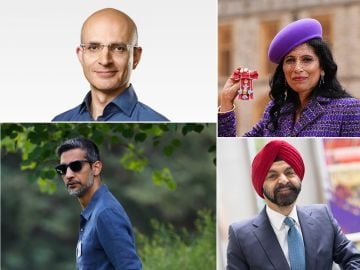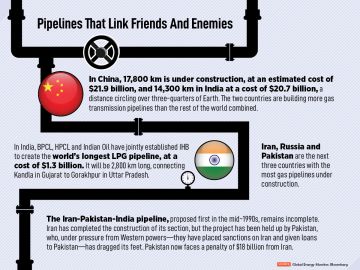The Shared Value Agenda
A gathering of thought leaders, entrepreneurs, and change agents to take the conversation of CSR versus shared value a step further
Image by : Sadanand for Forbes India
1/8
Image by : Sadanand for Forbes India
1/8
Image by : Sadanand for Forbes India
2/8
Image by : Sadanand for Forbes India
2/8
Image by : Sadanand for Forbes India
3/8
Image by : Sadanand for Forbes India
3/8
Image by : Sadanand for Forbes India
4/8
Image by : Sadanand for Forbes India
4/8
Image by : Sadanand for Forbes India
5/8
Image by : Sadanand for Forbes India
5/8
Image by : Sadanand for Forbes India
6/8
Image by : Sadanand for Forbes India
6/8
Image by : Sadanand for Forbes India
7/8
Image by : Sadanand for Forbes India
7/8
Image by : Sadanand for Forbes India
8/8
Image by : Sadanand for Forbes India
8/8
Sunil Chainani ED Fabindia shares how the company has been able to balance profitability for both companies and artisans





